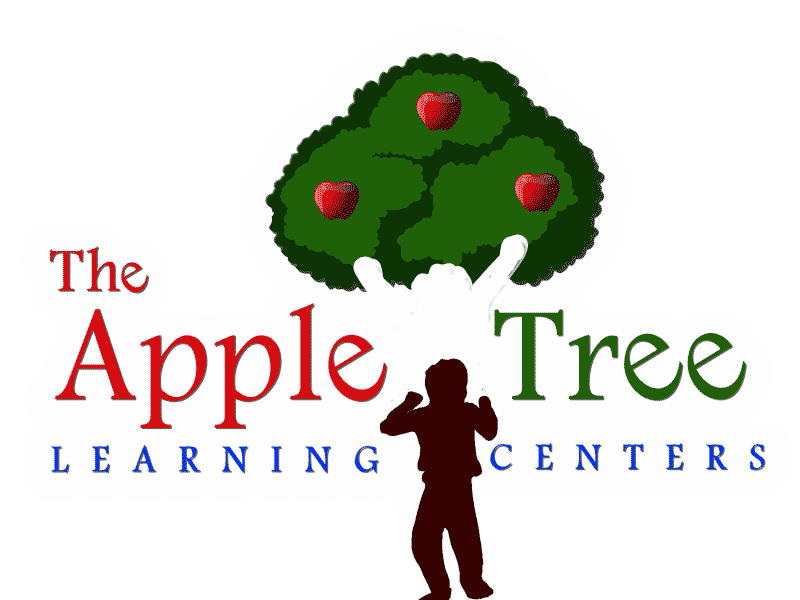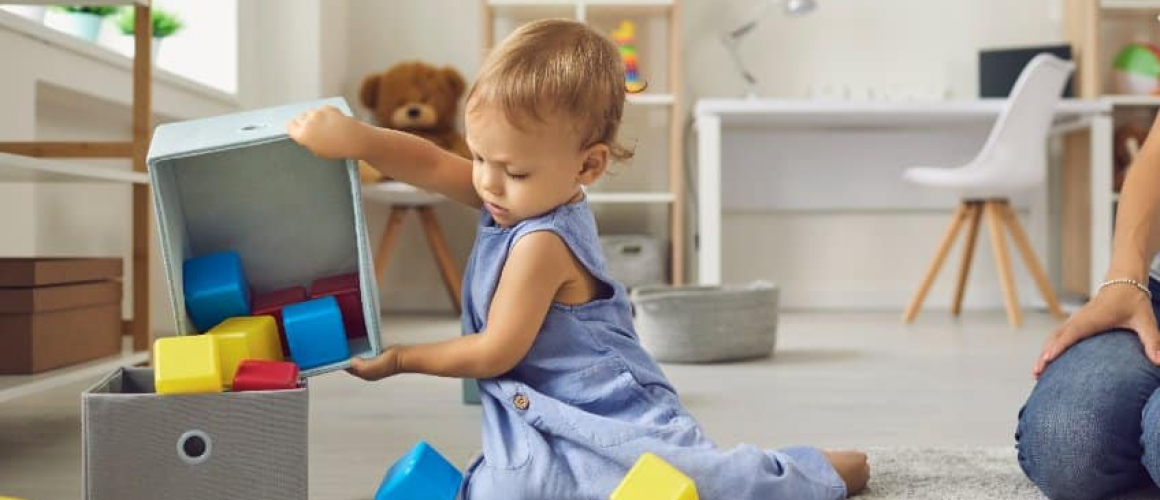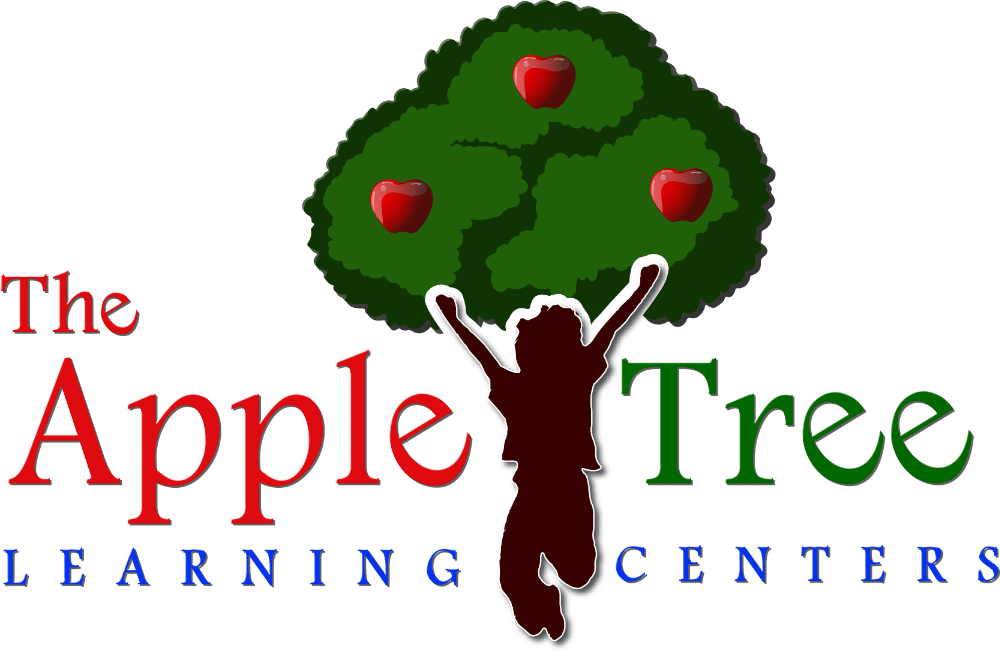When it comes to raising happy and well-adjusted kids, independent play is crucial. Children develop confidence, curiosity, creativity, and resilience by allowing kids to explore the world on their own terms and build meaningful connections with their environment. Independent play can foster physical, emotional, and intellectual growth at any stage of development, whether it’s playing with toys or enjoying nature in the great outdoors.
Here are seven amazing benefits of independent play:
Independent play helps develop creativity and imagination
Independent play is essential to nurturing creativity and imagination. It allows children to explore their own interests and experiment freely without being constrained by adult expectations or working within a team. The children are free to pursue whatever interests them in independent play. Whether it’s building elaborate forts or composing intricate songs on a toy piano, independent play helps children express their creativity in a truly unique way. And by allowing kids to develop this important part of their personality, independent play can give them a head start in life and help pave the way for future success.
It teaches problem-solving skills
As your child plays independently, they will inevitably run into some snags. Whether it’s trying to figure out how to build that block tower or getting frustrated when their train won’t stay on the tracks, this type of play gives children ample opportunity to practice solving problems. And the more they practice, the better they’ll get at finding solutions both big and small. That’s a valuable skill that will serve them well both now and in the future.
It encourages independence
This one is pretty obvious—but it’s still worth mentioning! The more time children spend playing on their own, the more independent they’ll become. They’ll learn how to entertain themselves, occupy their time without needing constant supervision, and be self-sufficient. These are important skills to have as they grow up and move through life.
It strengthens focus and concentration
When children are left to their own devices, they’re free to focus on whatever task or activity they’re engaged in without distractions. This helps them develop strong focus and concentration skills, which will benefit them greatly both now and later in life. When children know how to focus and concentrate, they can better pay attention in school, complete tasks more efficiently at home, and even learn new things more quickly. So if you want your child to excel academically, encourage independent play!
Independent play promotes emotional regulation skills
Independent play allows children to experience a full range of emotions—happiness, sadness, frustration, and excitement—in a safe and controlled environment. As they work through these emotions during playtime, they develop essential emotional regulation skills that will benefit them throughout their life. When children know how to regulate their emotions effectively, they’re better equipped to handle stressors large and small—both now and when they’re grownups.
It fosters physical development
Physical activity is an important part of independent play. As children run, jump, and climb during their solo playtime, they also get a great workout! This helps them develop strong muscles and bones, improve their coordination and balance, and increase their overall fitness level. All of these are essential for healthy physical development—now and in the future.
It supports social skills development
Though independent play is often thought of as a solitary activity, it can actually be quite social in nature. When children are playing on their own, they’re constantly observing and learning from the world around them. They watch how other kids interact and learn how to resolve conflict peacefully. They also develop essential communication skills when talking to their toys and imaginary friends. All of which are essential social skills that will benefit them both now and in the future.
Independent play is, without a doubt, an essential part of early childhood development. It helps children in several different ways and fosters the various facets of their growth. Foster an environment where your child can thrive and succeed by encouraging independent play!
If you are looking for a child care learning center where a variety of creative and fun learning happens, you have definitely found the right place with The Apple Tree Learning Centers! Visit us to learn more!






